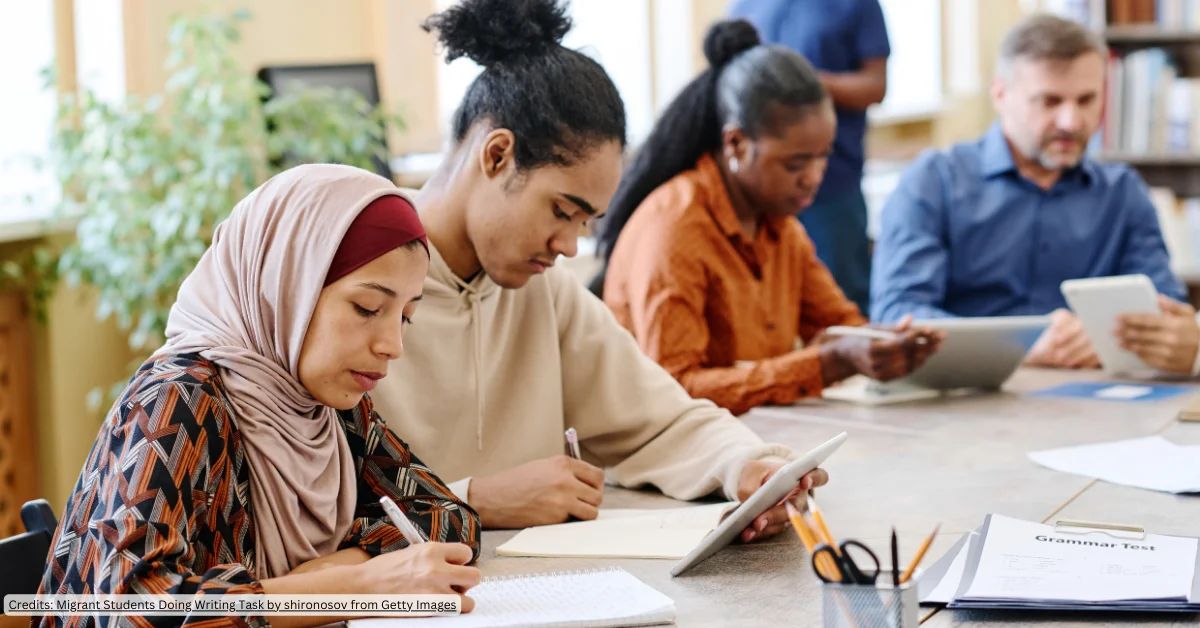The JobKeeper package will enable social enterprises, which operate across a spectrum of different business and legal entity types, to access the subsidy for their employees.
Given many social enterprises employ vulnerable Australians, the retention of their employees is vital. The JobKeeper payment makes good headway in meeting this need and will be a significant benefit to the sector.
Eligible employers include not-for-profits, charities, companies, partnerships, trusts and sole traders – with an annual turnover of less than $1 billion who self-assess that they have had a reduction in revenue of 30%.
Employers will receive a payment of $1,500 (before tax) per fortnight for eligible employees. The payment will be paid to employers, for up to six months, for each eligible employee that was on their books on 1 March 2020 and is retained or continues to be engaged by that employer.
It’s encouraging to see Governments responding to these pressing business and employment needs. For many social enterprises, JobKeeper will provide important relief, however some will still fall through the cracks. For example, enterprises that employ disadvantaged Australians on a shorter-term basis as they transition them into mainstream employment will not be eligible.
Our economy and communities cannot afford thousands of people employed by social enterprise falling back into poverty. Social enterprise will play a unique role in addressing the economic and employment challenges presented by COVID-19.
That is primarily because the impact of a vulnerable person falling out of the workforce is much more significant than the impact on someone who is not experiencing disadvantage. They are much more likely to remain unemployed for longer without financial reserves to draw on, and will be much more likely to have reduced life expectancy.
So this support is timely – and it’s critical that this unique capacity of social enterprise to provide employment pathways for some of our most vulnerable people is recognised.
Even in difficult times such as these, we are seeing innovative approaches being taken by some social enterprises to remain operating and delivering positive social impact to communities.
Some enterprises are collaborating to operate across States and access new markets, while others are adapting their services to the new environment.
It is critical that tailored financial assistance for retention of these businesses flows now rather than rebuilding from scratch in 12 months’ time, knowing that it will take many years and considerably more investment for them to recover.
They need to be here in 3 and 6 months, in the COVID-19 recovery phase, so they can support those most at risk.
We urge Governments at all levels to continue responding to the pressing business needs that many social enterprises are facing right now, particularly those falling through the gaps of current stimulus initiatives.
David brings extensive experience leading strategic business-community partnerships at Rio Tinto, Toyota and Amcor; as well as industry and government policy development and key stakeholder engagement experience.
Appointed Managing Director of Social Traders in 2009, David is an Executive Director on Social Traders’ Board and has responsibility for development and implementation of the organisation’s strategy, staff recruitment and engagement with key government, philanthropic, business and research partners.
- David Brookeshttps://thirdsector.com.au/author/dbrookes/
- David Brookeshttps://thirdsector.com.au/author/dbrookes/
- David Brookeshttps://thirdsector.com.au/author/dbrookes/











